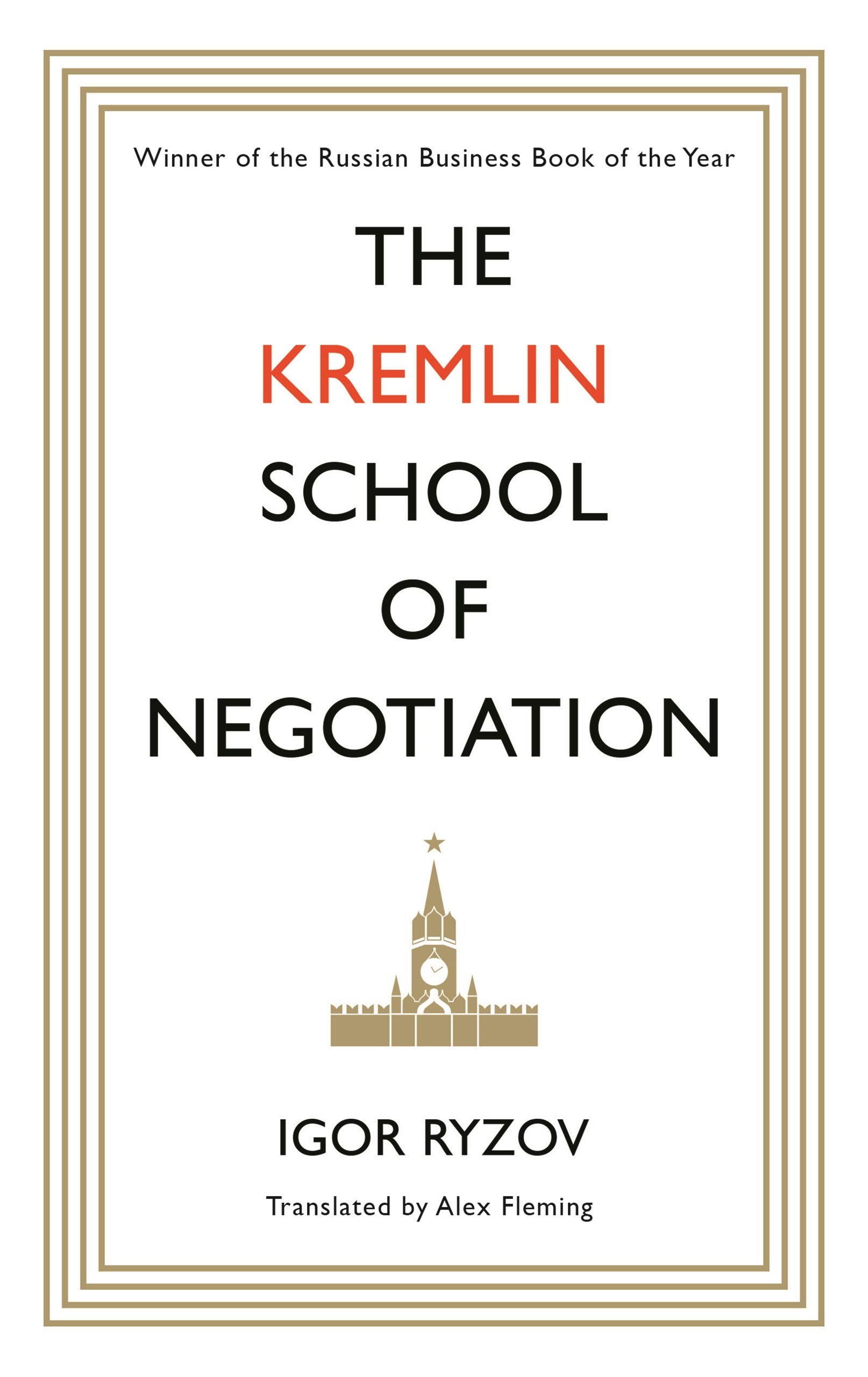
The Kremlin School of Negotiation
This book was chock full of insights on negotiation. It was concisely written, so a summary cannot capture all the content in this book. My top 10 takeaways were:
- Negotiations are about your ability to (1) defend your interests, (2) manage your emotions, and (3) manage the emotions of others.
- The Kremlin School of Negotiation follows the following five steps:
- Keep quiet and listen attentively
- Ask questions
- Reduce your opponent’s value
- Give your opponent a way out
- Put the opponent in a zone of uncertainty
- Know your value in terms of importance and replaceability.
- Manage your negotiation budget, which comprises the four components below. Once the limit of the budget is hit, concessions are made.
- Time spent on the negotiations
- Energy spent in preparing and holding negotiations
- Money spent on the ongoing negotiations
- Emotional toll from negotiations
- Compromises are conscious decisions to show goodwill. Concessions are where you give up things due to lack of negotiation budget, and will result in discomfort or regret.
- Build a polygon of interests: this quantifies the value of the different facets of the deal that may interest you. Work out your (1) desired position, (2) red line, and (3) stated position. In negotiations, ensure that the area of the polygon balances out and never drops below a chosen level.
- In tough negotiations:
- Make eye contact
- Show indifference
- Say no firmly and quickly when the situation demands it
- Play the host
- Find strength in your cause
- Beware (and exploit) the factors for psychological influence:
- Reciprocity: Repay the treatment we receive
- Consistency: People strive to be consistent in their words
- Social Proof: We decide what is right based on what people think
- Liking: More willing to agree to those we know and like
- Authority: Need to show obedience to authority
- Scarcity: The value of something we view positively increases if its availability decreases
- Seven key questions for preparing a negotiation roadmap:
- What do I have at the start of my journey?
- Where do I want to get?
- Is it realistic?
- How will I progress towards this goal?
- What will I be happy with?
- What will I do if I get a yes?
- What will I do if I get a no?
- People of different nationalities have specific tendencies. Account for these in planning your negotiation roadmap.
My favourite quote:
If you’re right, act; if you’re wrong, you simply haven’t put enough time into crafting your argument.